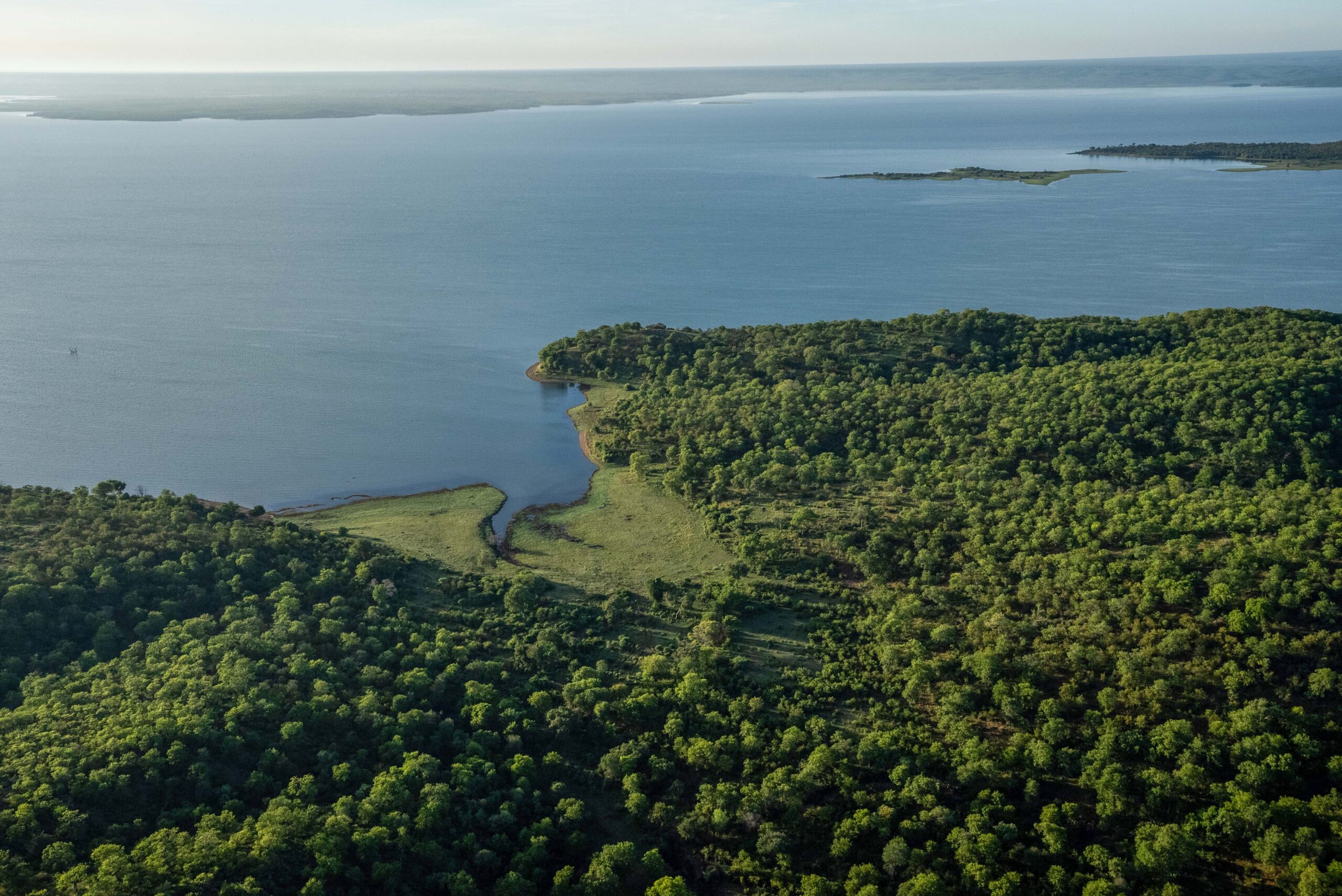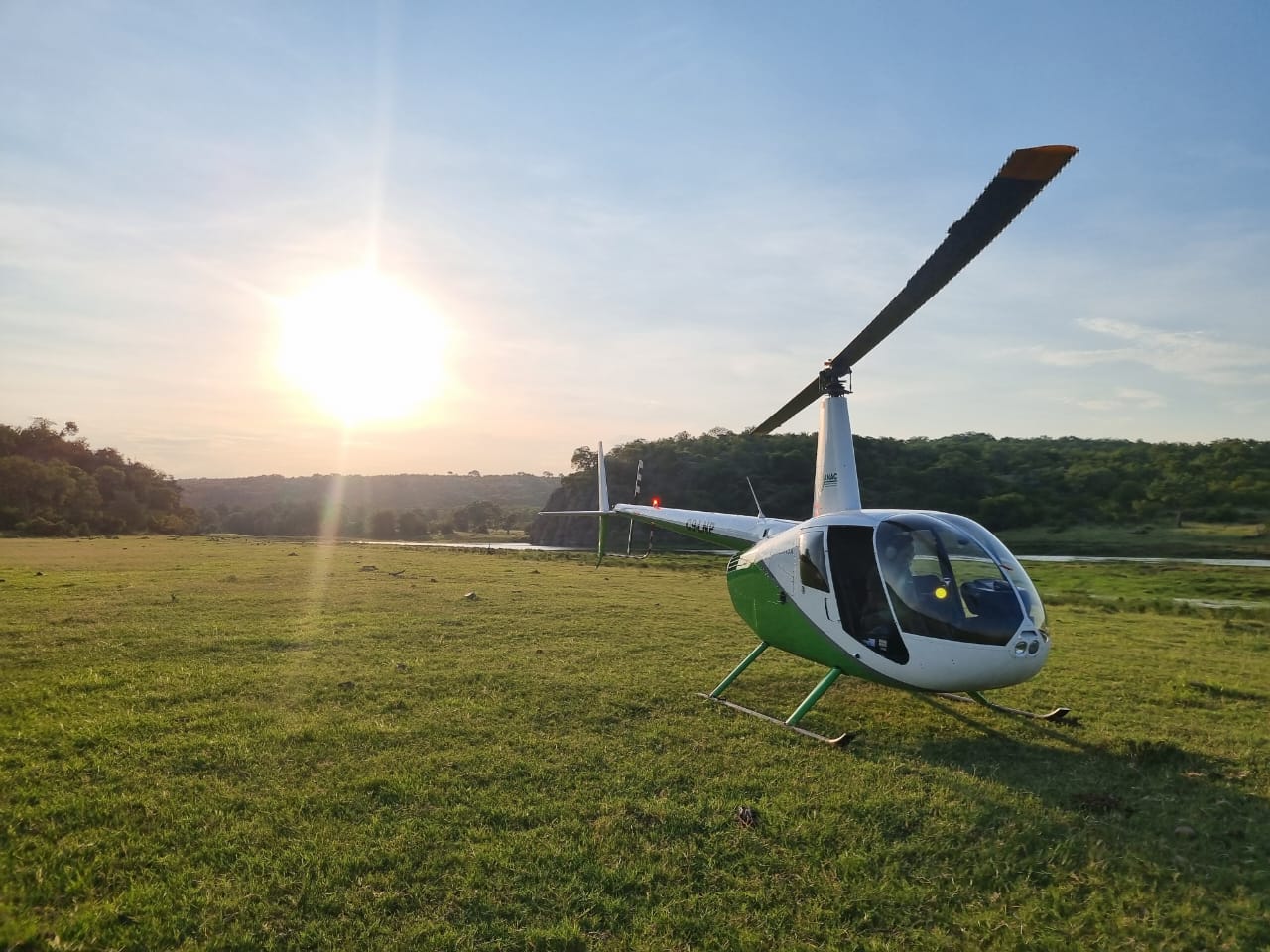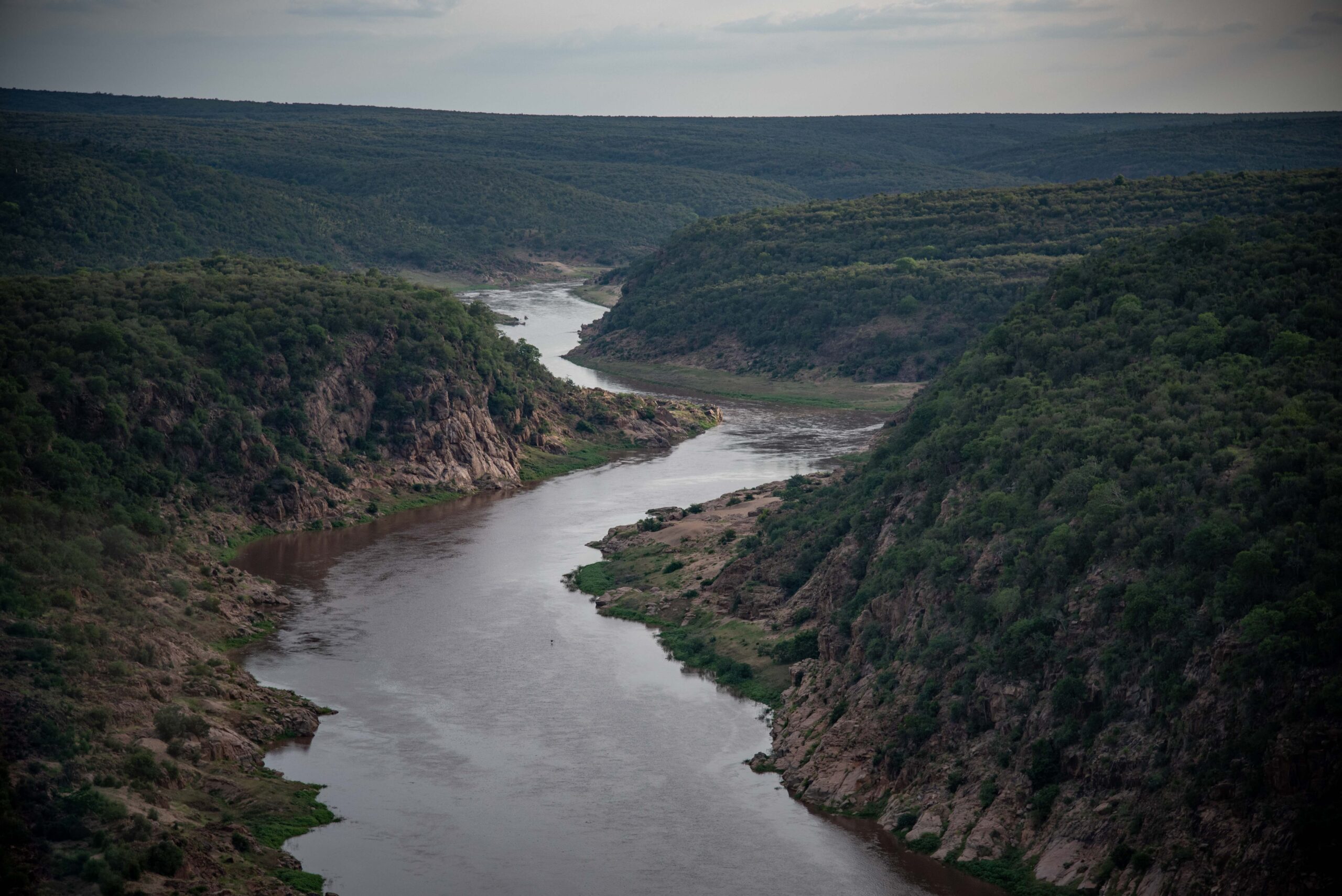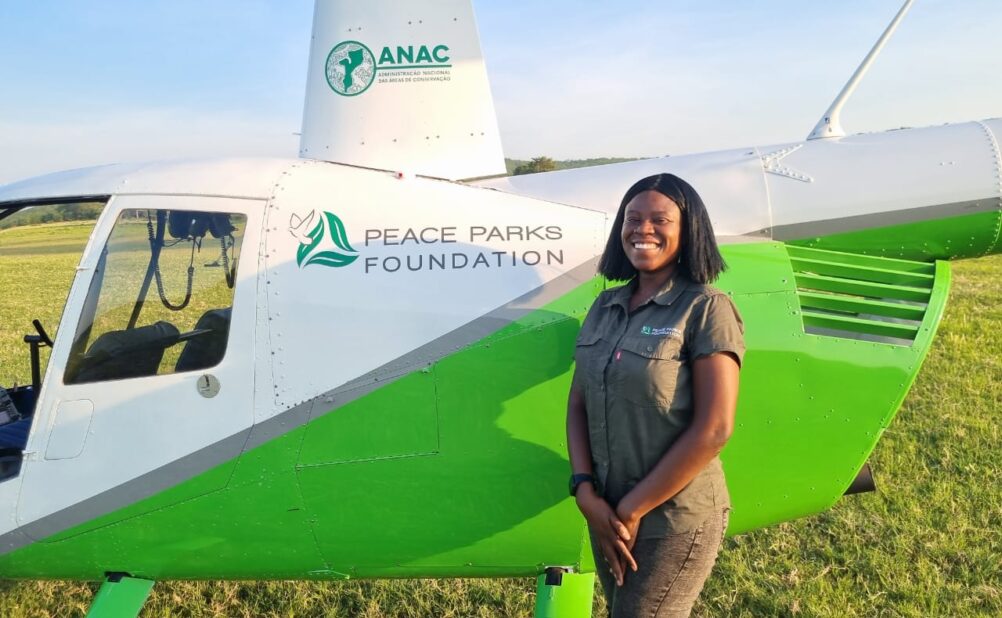Meet Tildah Angoni, Peace Parks Foundation’s recently deployed helicopter pilot, stationed in Mozambique’s Limpopo National Park. As she takes on this pivotal role, Tildah will play a key part in advancing conservation efforts across the Greater Limpopo transboundary landscape. In this Q&A, she shares insights into her journey, the challenges of her role, and how her work is helping protect one of Africa’s most vital ecosystems.
What inspired you to become a helicopter pilot?
The town I grew up in was very close to an aerodrome. Our house actually lay in the final approach for the fixed wings. Every day, they came over our house so low and so close it felt like they were going to pass straight through it, and as a child I used to run beneath them singing aeroplane, aeroplane, aeroplane.
And then later on, some of the air force pilots came to give career guidance in my home town and I attended the event before leaving for college. That is when I understood that it was possible for me to become a pilot. I discussed it with my parents, and though they were worried, they said that if this was my vision, my passion, then they would support me, and they did.
Aviation is a traditionally male dominated field. Were there any challenges when you started your career?
I will say no. Aviation may be a male-dominated career, but the way we were trained and groomed made us a family, and if I can be honest with you, most of the time I forget that I am a woman working in an environment with men because we are family, and a family is made out of what? Out of love, and out of respect. There has never been a single day that anyone said I shouldn’t do something because I was a woman.

How did you end up working for Peace Parks Foundation?
OK, so I would like to highlight that before I decided to become a pilot, I wanted to study veterinary science because I really love animals.
Where I was trained to be a pilot, you are first trained on fixed wings. After that you can choose the type of aircraft which you would like to specialise in. I knew that for me to be able to meet my beautiful friends, the animals, I was supposed to be a helicopter pilot, and I was right. When I finished my helicopter training, there were many opportunities to go for game count flights. I was always saying if you want a pilot for that, I’m here. Because I knew somewhere, somehow, I was going to end up in conservation.
When I saw Peace Parks was looking for a helicopter pilot. I applied immediately because Peace Parks aligns with my goal of working in conservation. Nature is beautiful. I love nature. And you know what it does? It loves you back. That’s how it works.
You joined Peace Parks last year, how long did you spend in training? It seems there were quite a few boxes to tick.
Peace Parks works across multiple landscapes, and when I joined, I only had a Zimbabwean Commercial Pilot Licence (H), which meant that I had to undergo additional training so I could fly in Mozambique and South Africa. I also had to train to fly my beautiful, brand new R44 helicopter.
The latter only took me a week, but the approval process across the different countries took quite a while.
Tell us about your helicopter.
Oh, she’s very beautiful. She’s new. She is responsive. We are both new in Limpopo National Park. When we fly, it’s like we are communicating and I’m sure we’re going to enjoy this beautiful place.

What does a typical day look like for you as a helicopter pilot flying for Peace Parks?
it’s amazing. It’s adventurous, a day of new things, of interacting with wonderful people and animals with different characters. Some of them are shy, and some of them are crazy enough to approach a helicopter. Each day that I fly for Peace Parks, I look down at nature and I feel like I’ve made it. Finally, I am where I want to be.
Helicopters are often used to monitor wildlife, anti-poaching activities and even reforestation work. What makes them such an important piece of equipment for conservation initiatives?
Helicopters are fast, much faster than cars in the bush due to terrain, so our response time is really good. If we get an alert about a situation we need to respond to – we can be there quickly. We can also monitor situations until the ground patrol arrives. Helicopters are efficient for they can get to places where vehicles might have challenges reaching. If someone is injured, we can pick them up and get them back to camp quickly or even to a hospital, depending on the nature of the injury.
What advice would you give to young woman looking to break into aviation or conservation?
As a woman, you should be a very good decision-maker and hold your cards close to your chest. When I decided to become a pilot, a lot of people doubted me, so I stopped sharing my big goals until I had accomplished them. In that way, I didn’t face a lot of negative forces. Those big dreams, you know, the big plans that seem almost out of reach, you must keep them to yourself and spend time on figuring out how best to achieve them, rather than convincing other people that you are able. Learn to trust your instincts.

What are your long term goals, both personally and professionally?
My long-term goal is to keep flying for conservation and to see endangered species thrive. I have another goal, and that is to become an ambassador for conservation. I want to teach other pilots to fly in the bush. I also want to be an ambassador to communities, because generations from now, we want our kids to be able to see black rhinos, not to be told of stories of animals that have become extinct.
For the immediate future, are you going to be based in Limpopo National Park?
Yes, I will be based in this beautiful place and from here, I will work in the whole Great Limpopo transboundary landscape. I can’t wait!





